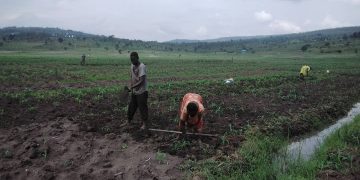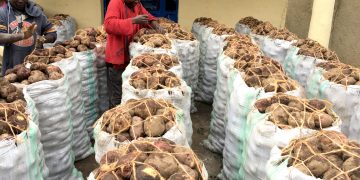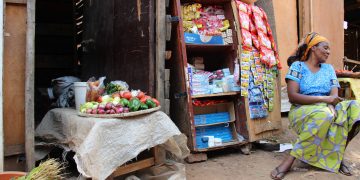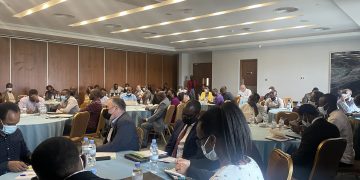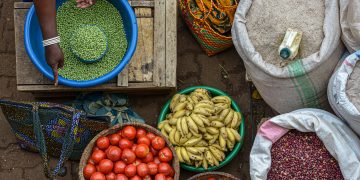Agricultural development programs often aim to empower women by enhancing their control over income via new work opportunities, but as an unintended negative consequence, these programs can sometimes increase women's already heavy workloads. This raises the question of whether women themselves consider the increased control over income to be worth the additional work. To answer this, we need to know how much they value control over income and how much they value efforts to free up their time.
Rwanda’s food systems transformation: A diagnostic of the policy landscape shaping the transformation process
An inclusive and sustainable food systems transformation is a process of growth and development that is profitable for the full range of individual actors engaged in the system, beneficial for society including marginalized and vulnerable groups, and advantageous for the natural environment. This working paper provides a diagnostic of Rwanda’s food systems and the policy landscape that shapes it.
The Global Food and Energy Price Crisis and Implications for Rwanda
How and why is the global food and energy price crisis impacting Rwanda? How does this most recent crisis exacerbate the economic impact of the COVID-19 pandemic? What can Rwanda do to mitigate the impacts of these shocks and prepare for future shocks?
Economic Policy Modeling for Public Investment Prioritization – An IFPRI Rwanda learning event
Rwanda posted an annual growth rate of 10.9 percent in 2021—a strong recovery from the downturn caused by COVID-19 in 2020. But today, as new crises upset the global economy, Rwanda must again muster the strength to navigate uncertain times and maintain its course. That means staying on track to achieve the long-term social and economic transformation outlined in the National Strategy for Transformation. IFPRI Rwanda, in collaboration with MINAGRI, hosted a 5 day learning event from February 28 through March 4,2022 using the CGE model to analyze alternative public investment priorities in the agriculture sector, rural economy, and food systems.
How can the agriculture sector be a driver in Rwanda’s transformation process? Key findings from recent IFPRI research
Rwanda is embarking on an ambitious transformation process to move itself from a low-income country to a middle-income country by 2035, with agriculture playing a central role. IFPRI's new research looks at PSTA 4’s contribution to date—not only to economic growth, but also to employment creation, poverty reduction, and other economic improvements—and how to improve returns during the second half of its implementation.
